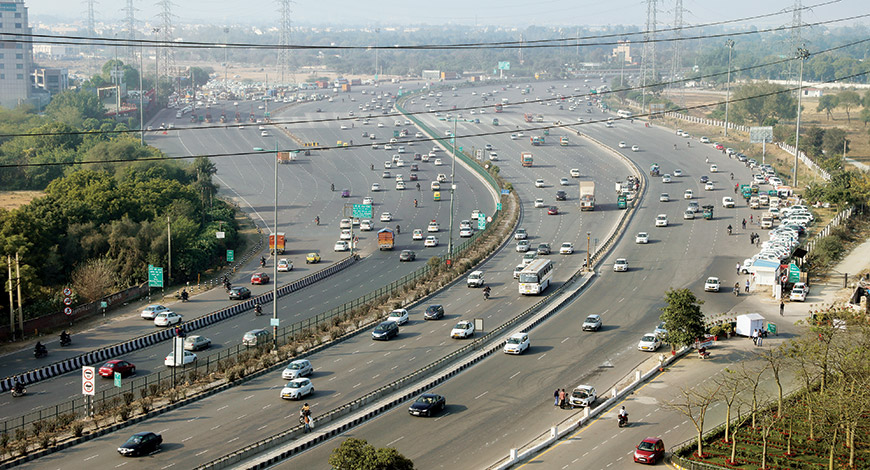Smart parking solutions collate data in real-time and give motorists more visibility into the number of parking slots available around them.
Inefficient parking is polluting our cities. While you might think that there is little connection between a lack of parking spaces and pollution, imagine this scenario: There is an office parking space where all employees reach around the same time and set about looking for an empty slot. A huge crowd of cars swarms in and around the parking space, honking away at each other. That’s already an insufferable amount off noise pollution.
Now think about all the excess fuel that these cars burn unnecessarily on their 10-15 minute long quest for parking – every single day. It is a known fact that vehicles emit more harmful fumes when their engines are on while stuck in traffic as opposed to those moving at higher speeds. It is no surprise, then, that India’s air pollution levels have been rising consistently.
Big cities in India – Delhi, Mumbai, Bangalore, and more – have been faced with the parking space situation for a long time now. Did you know that 30% of traffic jams in this region are caused solely due to lack of parking spaces? As consumers’ spending capacity increases and more cars take to the roads, these problems are only going to rise.
Addressing the parking issue with technology
Modern problems require modern solutions. As Indian cities top the charts in terms of the number of cars on the roads, we must turn to technology to ensure that this rising number of cars does not lead to rising levels of stress and pollution. This is where digital parking solutions come into the picture. Smart parking solutions collate data in real-time and give motorists more visibility into the number of parking slots available around them.
They also offer motorists to book their slots in advance, helping them save a lot of time and fuel every time they take their car out. Along with this, digital parking aggregators also facilitate easy online payments so that vehicles do not have to stand in long queues to make parking payments. With all these convenient features available to them, cars spend much less time circling around looking for parking spaces, thus reducing the amount of pollution by a huge extent.
Benefits for motorists beyond pollution control
According to a study conducted by IBM in 2011, in Delhi and Bangalore, 58% of those who drive cars are the most stressed people across the globe. Parking issues are probably a major reason behind this stress. When people cannot find designated parking spaces, they often turn to roadside spots to park their cars, especially when they are on tight schedules. This presents another problem because they are then continuously worried about their car getting towed or find, or in the worst case, stolen.
Here, too, smart parking solutions come to the rescue. While offering safe parking spaces, leading digital parking solutions leverage technology to minimize the threat of vehicle theft. For example, companies deploy we install RFID tags in all cars which essentially locks the vehicle. If someone takes the vehicle in an unauthorized manner, it immediately an alarm at the user’s end. If in case a car is stolen, one can easily check ownership credentials through the app and identify it. All of this can reduce the stress that car owners go through on a daily basis.
Thus, digital parking solutions not only reduce noise pollution and air pollution but also offer peace of mind that is largely lacking for car owners in big cities. As digital parking continues to gain traction, car owners will be happier, roads more peaceful and the air much cleaner than ever before. It is just a matter of time.
Article Credit: businessworld.in
